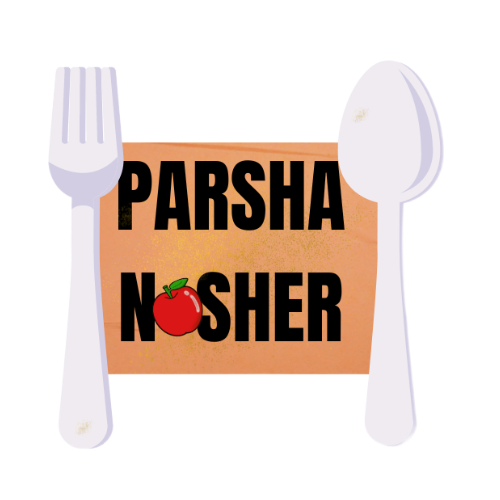How is it possible to notice something new about something one has seen, heard, sung, or said literally thousands of times? Maybe it is just because I have become really interested of late in Shorashim (root words) and how they are connected, but this past Shabbat, I noticed for the first time the part of the Friday night kiddush over wine, what we say
“כי הוא יום תחילה למקראי קדש ”
OK, I have a confession. I am a very bad speller in Hebrew. Thank goodness I just checked. For two days I was running around thinking that the above meant “this is the beginning of occurrences that are kodesh. But “mikraei” is from the root that means things are CALLED, not that things HAPPEN (one ends with Aleph, and the other with Hey). That makes SO much more sense. I was wondering why the first 6 days of things G-d created weren’t holy occurrences. The first 6 days G-d declares his work “good.” The 7th day G-d separated for a special purpose [i]
| And G-d blessed the seventh day and declared it holy / sanctified it | “ויברך אל-הים את יום השביעי ויקדש אותׅוׅׅ” |
So… let’s pretend I knew this all along. *ahem*
Well, it was still worth learning this. Still, this is the first time I noticed that it is the beginning of CALLING things Kodesh. Which generally is translated as holy. But I think it can also mean designated for a holy use.
Having had this brilliant, though somewhat misguided insight, when reading Truma for the second time (the first time it just seemed like building instructions; great for a Parsha Nosh, but not otherwise inspiring to me at the time), I noticed that G-d instructs us:
| “Make for me a sanctuary…” | “ועשו לי מקדש …” |
… at least “sanctuary” is how all of the translations I have defined it. But what does that mean? Clearly not like a “sanctuary city;” G-d does not need us to keep G-d safe. For an English version, it clearly is related to the word “sanctified.” But how is it that WE can make something sanctified?
I recently learned at the Women’s Studies class at our Fort Worth Chabad, from Rabbi Dov Mandel, that until the covenant at Mount Sinai, humans could not connect with G-d’s holiness (at least I think I understood this correctly, this part confused me). It was only when humans had developed sufficiently to enter into the covenant that we were given the ability to bring G-d’s holiness down to our world. So while we were given specific instructions as to what to do, it was by OUR DOING what G-d instructed us to do, and designating the wood, gold, cloth, leather… for holy use, that it became a “mikdash.” G-d gave us instructions, so that WE could bring holiness into the world. And we continue to do so, when we keep mitzvot.
[i] A whole nother discussion, he word “Birekh,” which I had with a friend over the course of a few days several weeks ago, though most people translate “bracha” or “birech,” etc. as variations on the word “blessed.”


One response to “Creating a Mikdash for Hashem”
I love your focus on Mikraei. It got me to all kinds of possibilities. Is Mikrael Kodesh where G-d calls us for our elevation towards him?
Is it our calling G-D ?
Is it the time we read Torah becaus KRA is also the root for reading, likro(a)?
Krooim, same root, are invited guests for a celebration.
Most likely it is all of those – we are the honoured guests of G-d, reading the Kitvei Kodesh, holy writing, responding to his call and calling him.